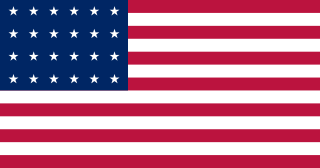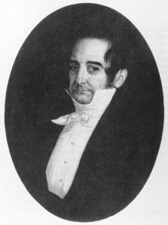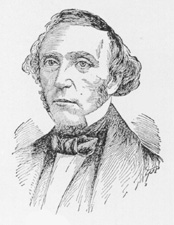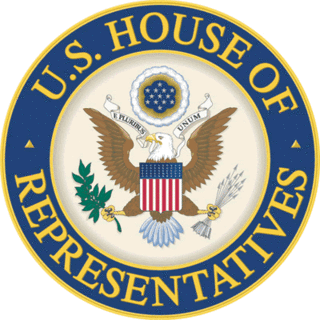This article needs additional citations for verification .(September 2015) (Learn how and when to remove this template message) |
| Joseph H. Hawkins | |
|---|---|
| Member of the U.S. House of Representatives from Kentucky | |
| In office March 29, 1814 –March 3, 1815 | |
| Preceded by | Henry Clay |
| Succeeded by | Henry Clay |
| Constituency | 2nd district |
| 8th Speaker of the Kentucky House of Representatives | |
| In office December, 1812 –December 5, 1814 | |
| Preceded by | John Simpson |
| Succeeded by | William T. Barry |
| Member of the Kentucky House of Representatives | |
| In office 1810–1813 | |
| Personal details | |
| Born | Lexington, Kentucky |
| Died | 1823 New Orleans, Louisiana |
| Political party | Democratic-Republican |
| Occupation | Attorney |
Joseph H. Hawkins (died 1823) was a United States Congressman from Kentucky. [1] He was born in Lexington, Kentucky and pursued an academic course. He studied law and was admitted to the bar. He was a member of the Kentucky State House of Representatives from 1810 to 1813 and served two years as Speaker.

The United States Congress is the bicameral legislature of the Federal Government of the United States. The legislature consists of two chambers: the House of Representatives and the Senate.

Kentucky, officially the Commonwealth of Kentucky, is a state located in the east south-central region of the United States. Although styled as the "State of Kentucky" in the law creating it, (because in Kentucky's first constitution, the name state was used) Kentucky is one of four U.S. states constituted as a commonwealth. Originally a part of Virginia, in 1792 Kentucky became the 15th state to join the Union. Kentucky is the 37th most extensive and the 26th most populous of the 50 United States.

Lexington, consolidated with Fayette County and often denoted as Lexington-Fayette, is the second-largest city in Kentucky and the 60th-largest city in the United States. By land area, Lexington is the 28th largest city in the United States. Known as the "Horse Capital of the World," it is the heart of the state's Bluegrass region. It has a nonpartisan mayor-council form of government, with 12 council districts and three members elected at large, with the highest vote-getter designated vice mayor. In the 2017 U.S. Census Estimate, the city's population was 321,959, anchoring a metropolitan area of 512,650 people and a combined statistical area of 856,849 people.
He was elected as a Republican to the Thirteenth Congress to fill the vacancy caused by the resignation of Henry Clay (1814–1815). Hawkins was not a candidate for renomination in 1814 and resumed the practice of law. He also engaged in mercantile pursuits.

Henry Clay Sr. was an American attorney and statesman who represented Kentucky in both the United States Senate and United States House of Representatives, served as 7th speaker of the U.S. House of Representatives, and served as the 9th U.S. secretary of state. He received electoral votes for president in the 1824, 1832, and 1844 presidential elections and helped found both the National Republican Party and the Whig Party. For his role in defusing sectional crises, he earned the appellation of the "Great Compromiser."
He moved to New Orleans in 1819. Hawkins died in the vicinity of Madisonville, Louisiana (An area on the north shore of Lake Pontchartrain above New Orleans) in 1823 of Yellow Fever worsened while helping distressed sailors near the shore of the lake behind his home. His financial contributions, as well as the sacrifices of his children, aided Stephen F. Austin and others in the colonization of Texas, the Texas Revolution (His son Norborne was killed in the Goliad Massacre) and later the Republic of Texas. [1]

New Orleans is a consolidated city-parish located along the Mississippi River in the southeastern region of the U.S. state of Louisiana. With an estimated population of 393,292 in 2017, it is the most populous city in Louisiana. A major port, New Orleans is considered an economic and commercial hub for the broader Gulf Coast region of the United States.

Lake Pontchartrain is a brackish estuary located in southeastern Louisiana in the United States. It covers an area of 630 square miles (1,600 km2) with an average depth of 12 to 14 feet. Some shipping channels are kept deeper through dredging. It is roughly oval in shape, about 40 miles (64 km) from west to east and 24 miles (39 km) from south to north.












